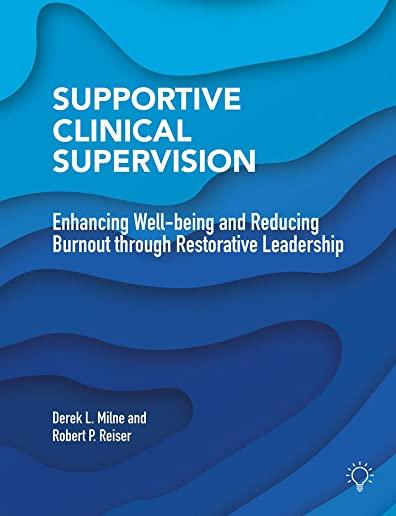
Mastenbjörk M. D., M.
product information
description
4Fluids and Electrolytes
Let's be very clear about this, the best way to start studying a new topic is to learn the basic fundamentals first before diving into the details. That way, you will not feel overwhelmed because you will understand the bigger picture first.
In this book, we will discuss the regulation of fluids, electrolytes, and the acid-base system, and how these factors are interconnected. When there is an imbalance in one of these electrolytes, the others are usually affected. Similarly, electrolyte imbalances can arise from, or be a result of, acid-base disorders. We will also discuss the signs and symptoms of various imbalances, and touch upon the management modalities for these imbalances. Common medical conditions where there are massive imbalances are described in the last chapter. There are summaries at the end of each chapter, that help you quickly glance through essential information.
With this book you will:
Let's be very clear about this, the best way to start studying a new topic is to learn the basic fundamentals first before diving into the details. That way, you will not feel overwhelmed because you will understand the bigger picture first.
In this book, we will discuss the regulation of fluids, electrolytes, and the acid-base system, and how these factors are interconnected. When there is an imbalance in one of these electrolytes, the others are usually affected. Similarly, electrolyte imbalances can arise from, or be a result of, acid-base disorders. We will also discuss the signs and symptoms of various imbalances, and touch upon the management modalities for these imbalances. Common medical conditions where there are massive imbalances are described in the last chapter. There are summaries at the end of each chapter, that help you quickly glance through essential information.
With this book you will:
- ..Understand why Fluids and Electrolytes is such an important topic for clinicians
- ..Learn and understand the basic fundamentals
- ..Be able to test your knowledge with multiple-choice questions
member goods
No member items were found under this heading.
notems store


Supportive Clinical Supervision: Enhancing Well-Being ...
by Milne, Derek
Paperback /Paperback$44.35
listens & views

VIOLIN CONCERTO / PICCOLO CONCERTO
by HOLLAND / NOVOTNY / MARKOVSKY
COMPACT DISCout of stock
$14.75

FIESTA-SIEMPRE EN MI CORAZON / ...
by FIESTA-SIEMPRE EN MI CORAZON / VARIOUS (GER)
COMPACT DISCout of stock
$10.99
Return Policy
All sales are final
Shipping
No special shipping considerations available.
Shipping fees determined at checkout.



